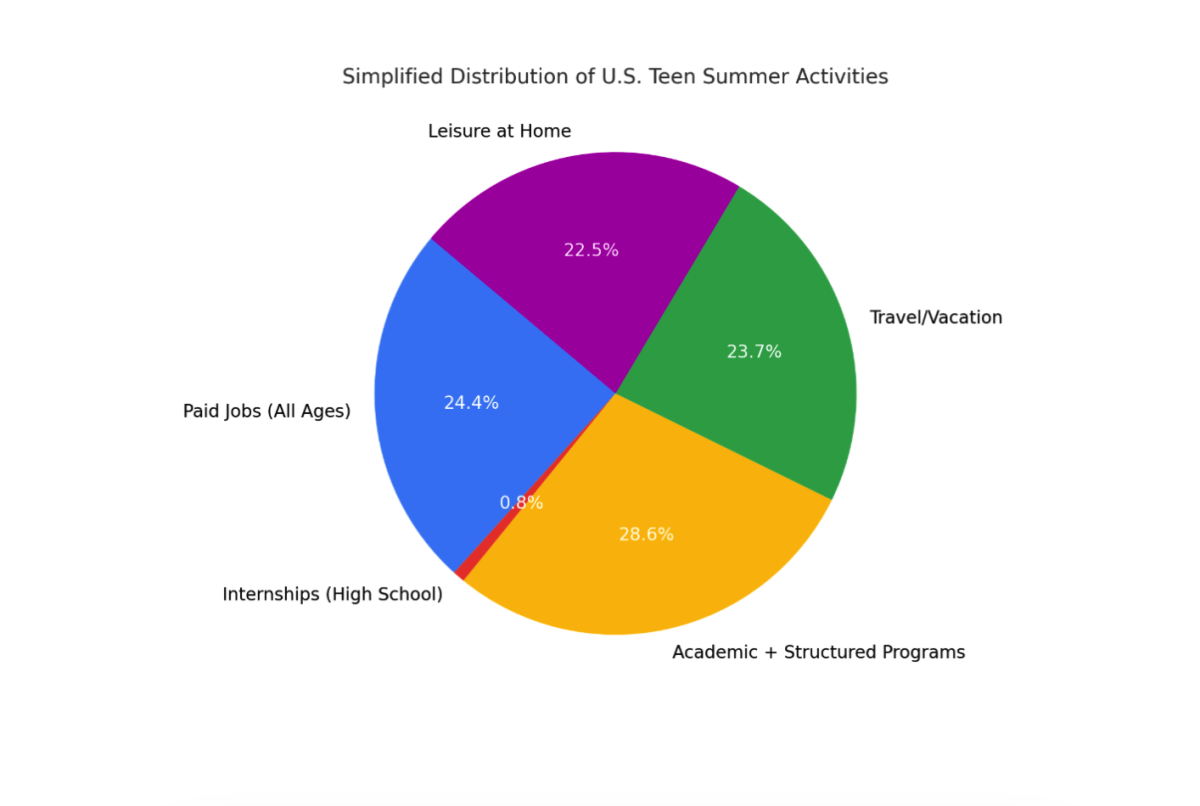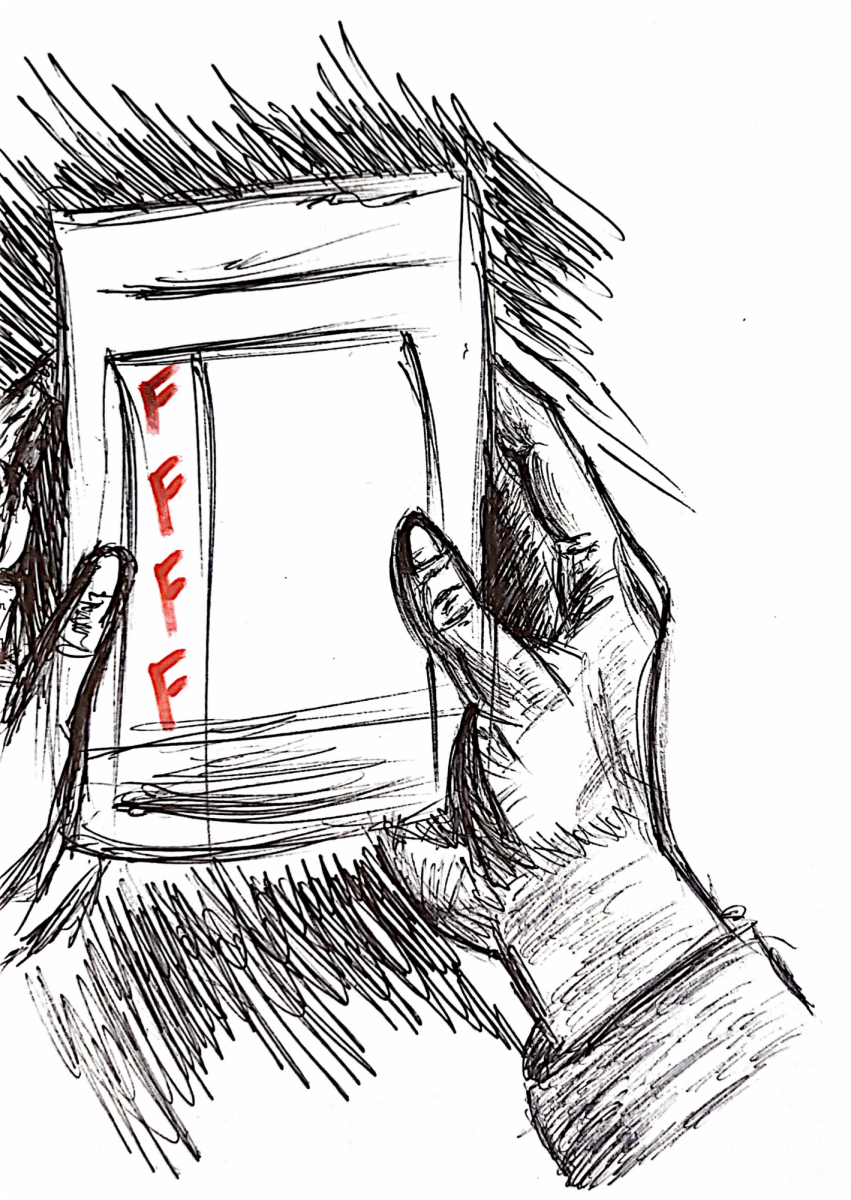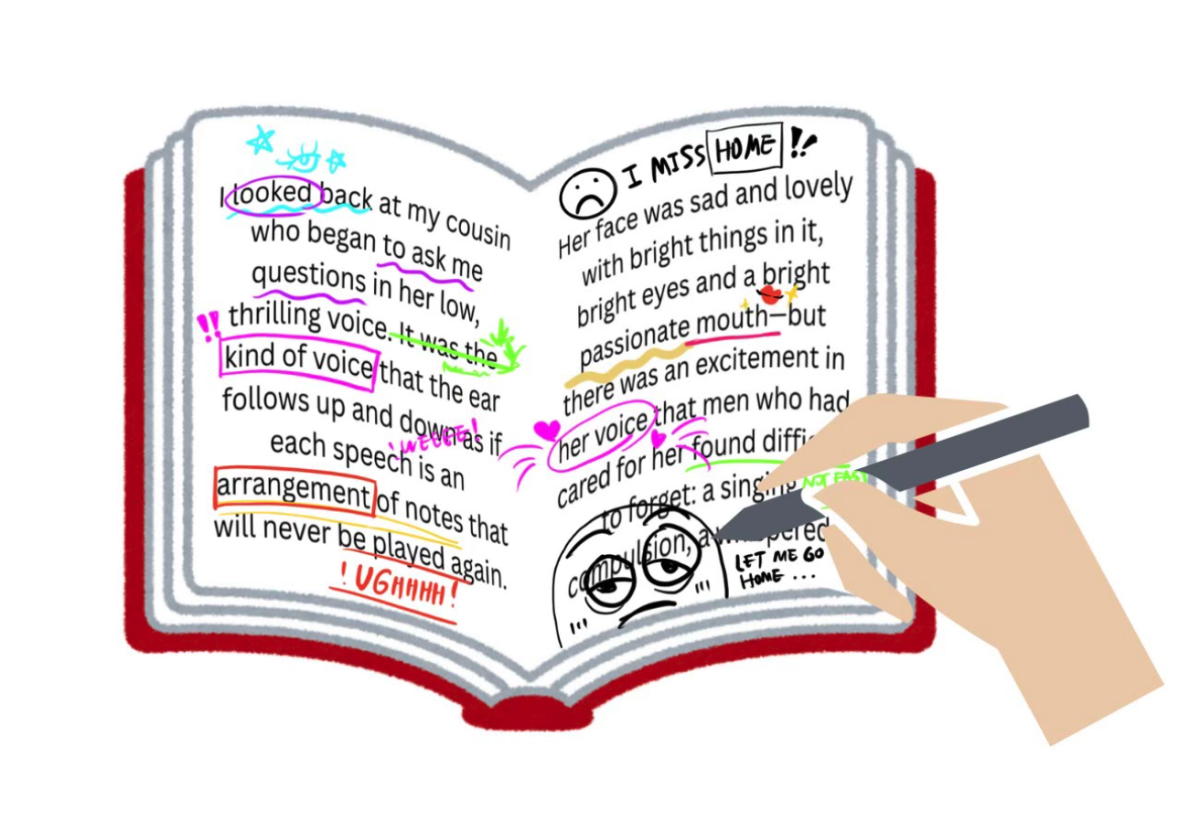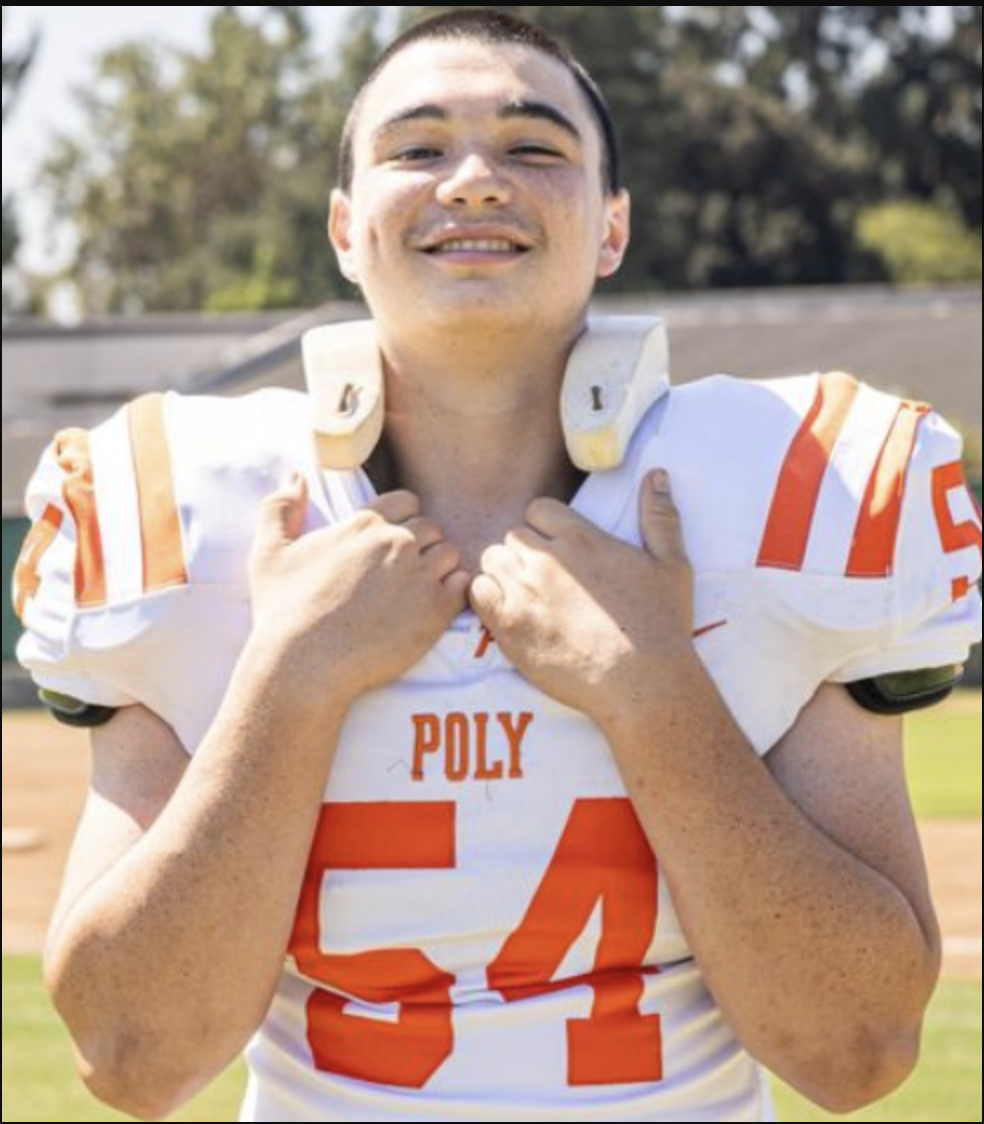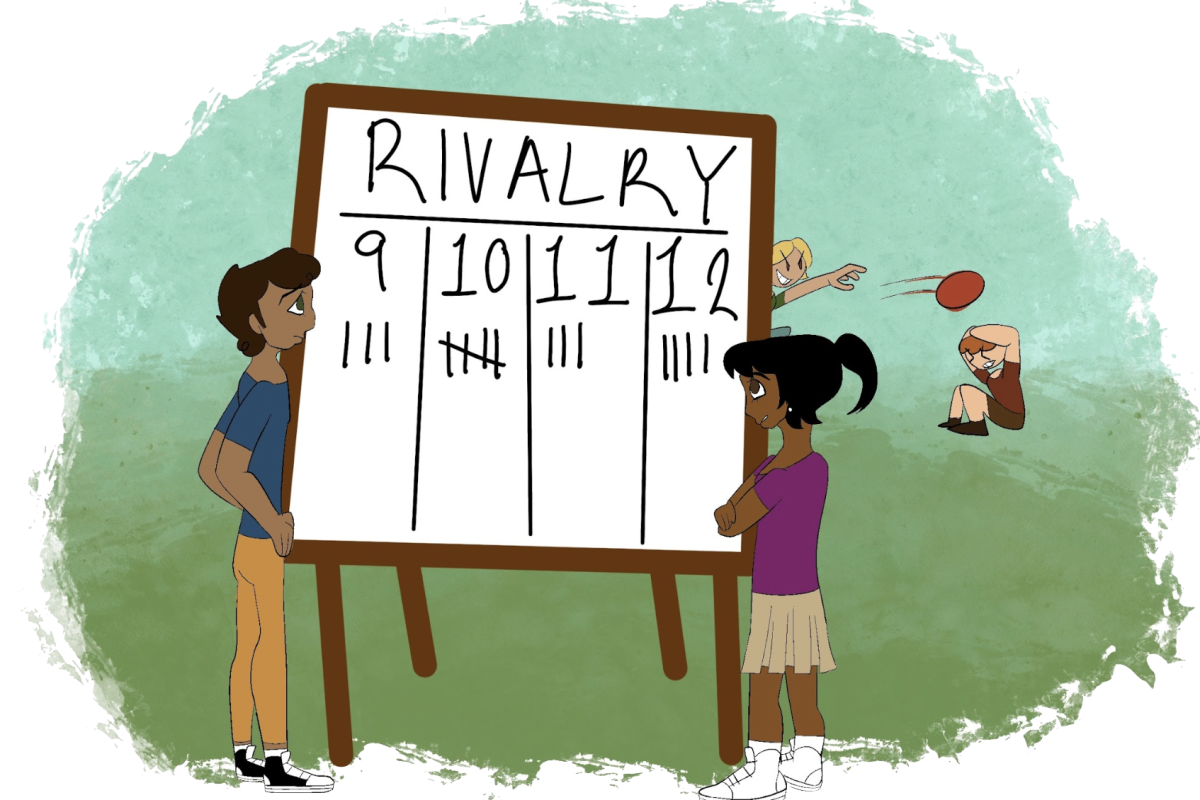During spring break, I had the opportunity to visit Costa Rica for a Global Initiatives Program trip. While I enjoyed learning about the culture and the Costa Rican government’s efforts in conservation, I could not ignore the jitteriness I felt whenever I spoke Spanish to a native speaker, including ordering food, conversing with my tour guide and talking to a salesperson.
At first, I was surprised by my lack of speaking ability, specifically because I thought the five years of Spanish classes I’ve taken would have prepared me better. I soon realized that most of my classroom time has been spent reading and writing Spanish instead of speaking. Without consistent practice, I have purposely avoided speaking in fear of mispronouncing a word and embarrassing myself in front of my peers.
From my experience, I realized that Poly students should take the initiative to speak more of the world language in their respective language classes. Whether it be in Mandarin, French, or Spanish, by overcoming the fear of making mistakes, students will feel more confident speaking in the real world.
Spanish teacher Evelyn Barrientos shared, “Many students in Poly often think that they have to be perfect and never make mistakes. However, a key part of learning a new language is taking risks. Students can’t be shy.”
At Poly, students often find that they are comfortable reading and writing, but don’t feel the same way while speaking. While being fluent in a language includes all four abilities to speak, listen, read and write, speaking is a skill that requires students to step out of their comfort zone.
If students feel overwhelmed by the vocabulary while reading a text in class, they can independently study more vocabulary terms and practice reading at a slower pace. Even on a timed writing test, students have a lot more time to process their thoughts than they do in a conversation. They can dwell over a specific word or grammatical structure before they jot down their answer.
However, speaking requires students to think on their feet. When they encounter an unknown word in conversations, they are compelled to use context clues and deductive reasoning to respond, avoiding the tendency to flip open a dictionary.
Sophomore Charlie Bryant, who takes Spanish III, said, “Most of the times that I speak Spanish are during speaking tests, which places a lot of pressure on me to not mess up and almost memorize what I want to say beforehand.”
This is not an uncommon sentiment. Students often fear forgetting a word when under pressure and stick to basic vocabulary and grammar in order to ensure that they “nail it.” When doing so, students stay stagnant in their comfort zone and aren’t practicing to the fullest of their ability.
Students themselves have to realize that making mistakes is essential for the learning process. Only by having this mindset can Poly will build an environment where tripping up while speaking another language is the norm. This is important because students learn from past mistakes, storing that new knowledge for next time.
French teacher Sebastien Merle stated, “Unlike other classes that focus more on getting the right answers, speaking a foreign language requires that students make mistakes. Students who may do well in other classes can struggle in speaking languages because they have to overcome the fear of getting a word wrong.”
Although reading and writing are important to understanding a language, speaking is a more useful and practical skill. When someone visits a foreign country, they have to speak the language more than they have to read and write it. If students practice speaking the language regularly at school, they will feel more confident speaking the language outside the classroom.
While we should still keep practicing grammar and vocabulary, I suggest that students focus more on developing their speaking skills. They could do so by integrating the skills, such as verbally sharing what they learned about a grammar topic or discussing reading prompts with their classmates. Most importantly, students should approach the language with the mindset that messing up is analogous to studying; they both are important factors in the learning process.











